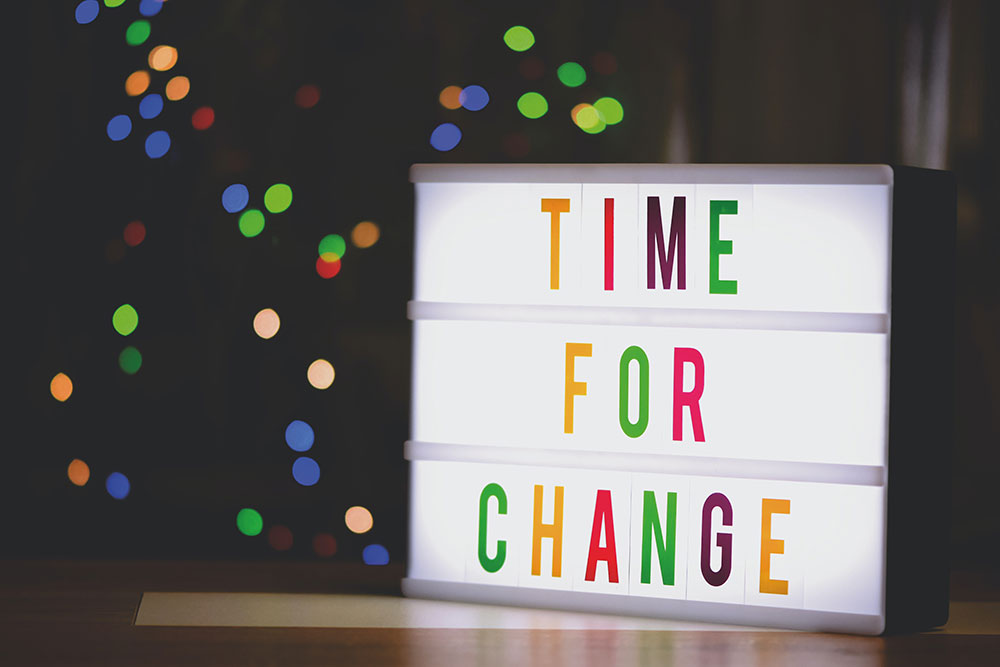
In a world where you can be anything, be kind
With hard to believe real life examples of unkindness being shared with me on a regular basis, I’ve wanted to write this article for some time. Over the years, I’ve seen a lot of clients. With confidentiality assured, clients confide in me openly. What disturbs me is the mean and unkind behaviour I too often hear about (I know these words almost sound childish and bring back memories of the school playground – this is exactly what I think when clients share such experiences with me).
A toxic culture in the workplace
I’ll start with the workplace where behaviours still too often fall short. It’s hard for me to convey the shock and horror (strong emotive words warranted here) I have felt at the, quite frankly, nasty behaviour that I hear of. This unkind behaviour doesn’t seem limited to particular types of organisation, occurring in a diverse range of sectors and professions, public and private. Sometimes there appears to be a toxic culture in the organisation. This is possibly where such values and behaviours are displayed at the top, with other senior staff recruited and rewarded for these. Over time, survival necessitates falling into line; remaining options being to leave or be pushed out. Other times the inappropriate behaviour is more local to a team dished out either by colleagues or team management.
I am specifically talking here about personal, unprofessional, unkind and mean behaviour as opposed to management taking a firm line on behaviour or performance. I’m also talking more about sustained and ongoing unkind behaviour rather than a one-off unintentionally insensitive comment.
I have been led to wonder what lives these ‘bullies’ have that make them behave in such a way to fellow workers, whether colleagues or subordinates (I can’t think of examples of such problem behaviour directed at superiors which is interesting in itself). Usually there seems to be some form of power either by formal or informal position (e.g. in the latter case. length of service can be a power play with established team members, usually more than one, causing difficulty for newcomers).
Unkind behaviour in everyday life
What about out of the workplace? Again, stories of unkindness and mean behaviour are common. Over our many years of having children at school, I have come across hard to comprehend examples of unkind behaviour. Sometimes children to children, sometimes parent to parent or even parent to children (the latter usually in the form of leaving out. Many of us can bring to mind more than one example of all but one child in the class or friendship group not receiving an invite). And yet, we all know how we like to be treated or like our children to be treated.
You may have read the recent news report on the 9 year old Aboriginal Australian boy Quaden Bayles. Quaden’s mother posted a heart-breaking video clip of Quaden crying and saying he wanted to die after he was bullied at school for his dwarfism. Quaden’s mother describes the relentless bullying experienced by her son every day and wanted people to know – parents, educators, teachers – the effect bullying has.
Lasting impact
- People can hold onto their unkind treatment for a long time (you’d be surprised if you knew how long).
- It can erode their confidence and self-esteem / Take away their happiness / Drain their energy / Consume their thinking / Wake them in the early hours – and keep them awake / In turn reduce their immune system/ Affect their relationships / Lead them to seek refuge in comfort foods or alcohol / Leave them feeling stressed and anxious to a worrying degree. Basically it can have a devastating impact on all areas of their life.
- This unkind treatment is often dished out to capable, competent and hard-working employees (I have wondered if low self-esteem or jealousy may be at play on behalf of the offenders).
In A World Where You Can Be Anything:
- Whether a colleague, manager, parent or friend
- Regardless of your position of power or length of time in an organisation/club or social setting
- Regardless of your education level, income or size of your house.
- Two simple words: BE KIND
To be kind:
- Be the friend/colleague/boss that you would like to have
- Be less quick to judge others- you haven’t walked in their shoes
- Stand up for yourself – being assertive can be an act of self-respect giving offenders a clear message that their behaviour is unacceptable.
- Be prepared to call out unkind behaviour to ‘wake up’ the offender to their behaviour and to the fact that it has been noticed.
- Group norms can be powerful. In work or social group, be a leader rather than follower by choosing to be kind over unkind.
I’ll leave you with one of my favourite quotes:
‘Don’t let the world change your smile, let your smile change the world’
If you want help with bullying or harassing behaviour whether to help you assert yourself, restore your confidence or let it go, get in touch for a free confidential chat today.
Photo courtesy of Teddy Tavan



